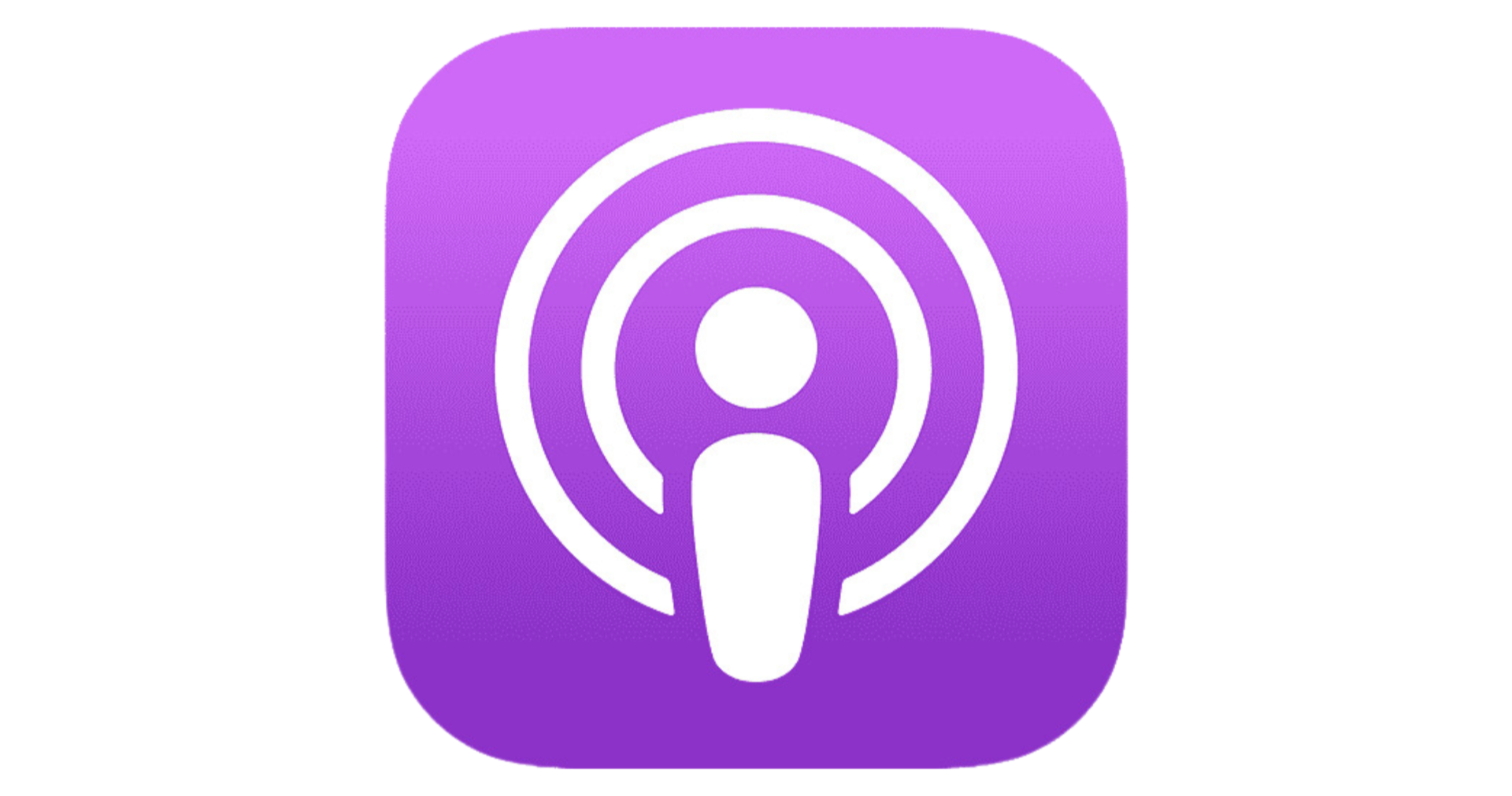Episode #5
Who Was Dr. Maria Montessori? The Method That Shaped Billionaire Minds
Listen On ...
How Montessori Method Shaped Billionaire Minds
What Is Montessori All About?
Write your awesome label here.
Unlocking the Montessori Method: What It Is, Why It Works, and How It Transforms Young Minds
The Power of Montessori: Science-Backed Benefits, Brain Development, and How to Start at Home
Who & Why Montessori
Learn WHO, WHAT & WHY MONTESSORI. Download your free CHEAT SHEET now! ⬇️
Write your awesome label here.
In this episode, we discuss:
💡 What Makes Montessori Unique?
6 Core Principles
1️⃣ The Absorbent Mind
2️⃣ Hands-On Learning
3️⃣ The Prepared Environment
4️⃣ Freedom Within Limits
5️⃣ The Role of the Guide (Parent or Teacher)
Final Takeaway:
Trust | Guide | Grow | Thrive
CITED RESEARCH & SOURCES
New Episode Every MONDAY & THURSDAY
Catch Up On Recent Episodes
Your Stories
#Parenting #Transformation #EarlyYears
Hi Anya! This welcome episode to your podcast is so well structured. Your ideas are always fun and informative. Thanks for sharing :)
Mat
This is amazing, thank you so much for sharing all your knowledge. Can't wait for a new episode
Angelaov
Wow! So insightful, really looking forward to listening to more of these.
Mel
Write your awesome label here.
Subscribe to our Newsletter!
Thank you!







